
As we age, our bodies change in many ways. These changes often affect our energy levels and ability to manage stress. They may also make it more difficult for us to maintain healthy eating habits and exercise routines. However, there are tips we can take to stay healthy and reverse aging as we age and prevent many of these changes from happening in the first place.
First and foremost, it’s important to remember that you can never “outlive” your body. Each person has their own biological clock and lifespan, so no matter how old you get—or what kind of shape you’re in—it’s important not to push yourself beyond those natural limits.
What is aging?

- Aging is a natural process. It’s part of the life cycle.
- It is a gradual process that depends on genetic makeup, environmental influences, and lifestyle choices.
- It affects everyone, even plants, and animals.
- There’s no way to stop getting older entirely—you can slow it down or try to postpone some of the effects with good living habits and other methods like cosmetic surgery or anti-aging creams (which are not recommended).
- The term “senescence” refers to all aspects related to becoming older—physiological changes in organs and tissues due to wear and tear over time as well as brain functions associated with memory loss such as Alzheimer’s disease or dementia; these are examples of types of senescence that have been studied extensively by scientists who specialize in this field called gerontology (the study of old age).
Tips to remain active
Get active

Exercise is a crucial part and one of the best tips for healthy aging, as it helps you look and feel healthier. It can also help you lose weight, improve your mood and even live longer!
You don’t need to be an Olympic athlete or marathon runner to reap the benefits of exercise: just moving more will help improve your health. If you’re not sure where to start, try taking the stairs instead of the elevator or parking further away from the store entrance so that you have to walk farther when shopping.
Eat a healthy diet

The best way to keep your body active and strong as you age is to maintain a balanced diet. This includes eating plenty of fruits and vegetables, whole grains, lean meat and fish, low-fat dairy products (if you choose to include these in your diet), and drinking plenty of water.
A balanced diet will help keep your body full of the nutrients it needs so that it can continue functioning properly throughout life. It’s important not to eat too much junk food (which is anything containing lots of refined sugars or trans fats), as these foods don’t provide any real nutritional value for your body. Instead, try focusing on fiber-rich foods such as brown rice or oats which are high in fiber but low in fat content.
Stay hydrated
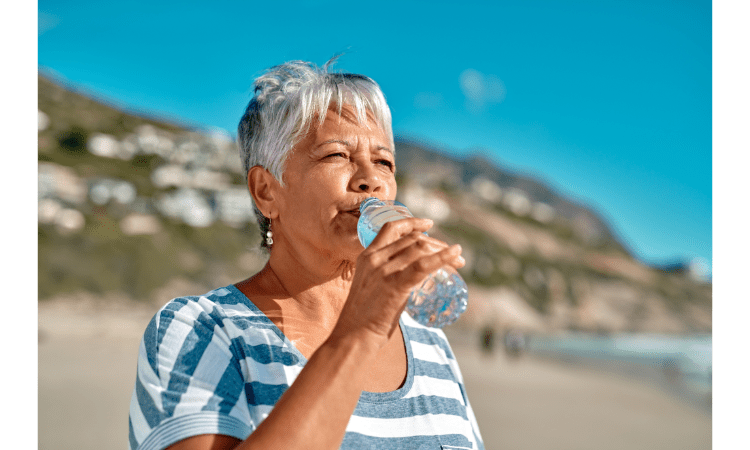
When it comes to healthy aging, one of the most important things you can do is drink plenty of water. This can be as simple as making sure your hydration needs are met by drinking water throughout the day. You should also try to drink water before meals and when you feel thirsty, hungry, or tired.
Drinking plenty of water will help keep your body functioning properly and prevent dehydration, which can lead to kidney disease and other serious health issues if left untreated. It’s important not only during exercise but also when doing housework or yard work since these activities require more energy than sitting at a desk all day long.
Intake of calcium and vitamin D

- Calcium is an essential mineral that plays a role in maintaining active bones, teeth, and muscle function. Our bodies are unable to produce calcium on their own, so it must be obtained from food sources such as milk, cheese, and yogurt.
- Vitamin D helps the body absorb calcium from food sources. It’s also known as the “sunshine vitamin” because our bodies can make it when exposed to sunlight or by eating foods like fatty fish, eggs, and mushrooms that contain vitamin D3.
Intake proper amount of fat
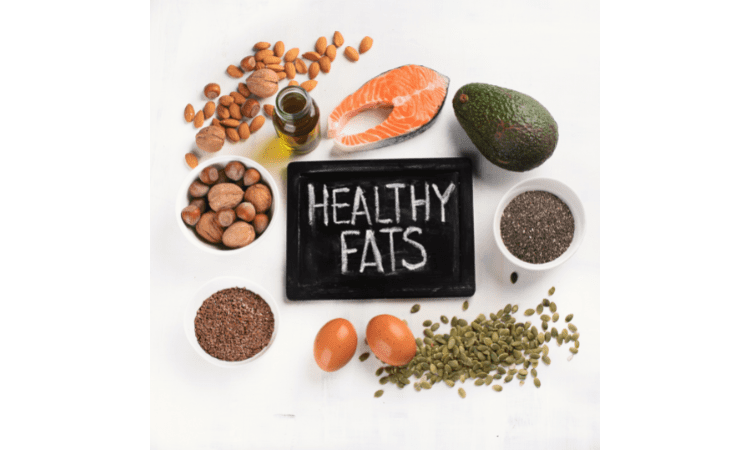
Fat is a good source of energy. The brain and nervous system need fat to function properly, so you should make sure you get enough of it in your diet.
Fats are needed for the absorption and transport of vitamins A, D, E, and K. They also help your body absorb the fat-soluble vitamins from food and prevent them from being lost during cooking or eaten with other foods that contain fat blockers (like eggs).
Fats help produce hormones that regulate heart rate, blood pressure, and body temperature; they also play a role in growth and development as well as sexual functions like ovulation or erection generation.
Get enough vitamin B12
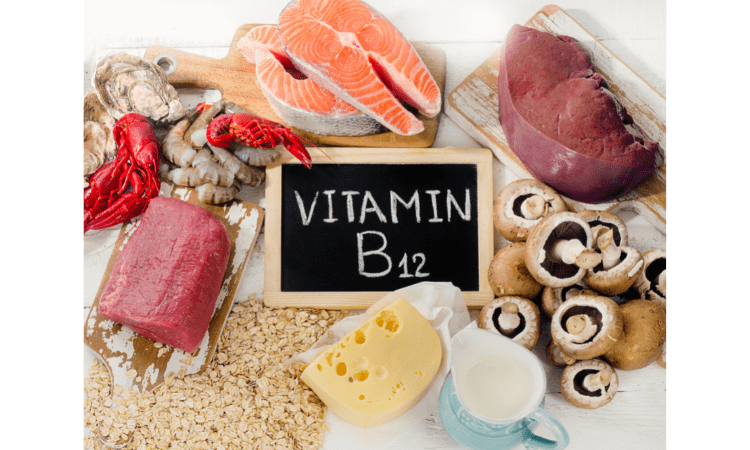
Vitamin B12 is a nutrient that helps your body produce new cells, maintain nerve and muscle health, and support your metabolism and brain function. It’s also necessary to make red blood cells and DNA, so it’s important to get enough of it—and if you’re vegan or vegetarian (or just don’t eat much meat), this can be tricky to do without taking supplements or eating fortified foods like cereal.
Vitamin B12 can be found in animal products like fish, meat (especially liver), eggs and dairy foods. If you’re vegan or vegetarian though—or just don’t eat much meat—you might want to consider taking a supplement as well as eating fortified foods like cereal every day.
Intake proper amount of fiber
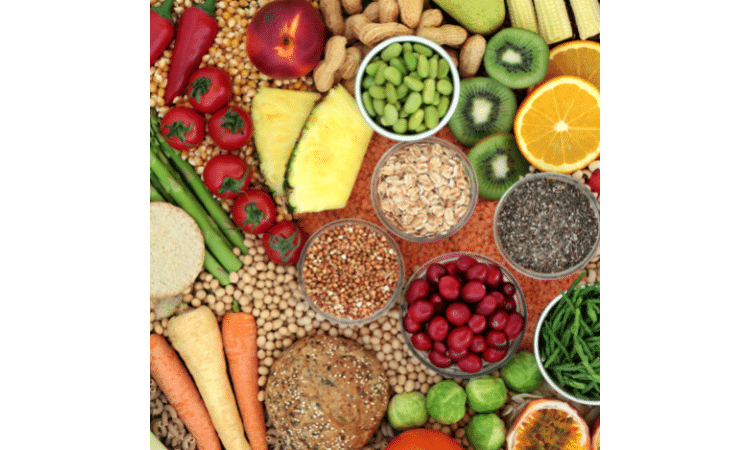
A diet rich in fiber is important as it keeps digestion regular and prevents constipation. Dietary fiber promotes an ideal weight, stabilizes blood sugar levels, lowers cholesterol, and helps prevent heart disease and diabetes.
There are many sources of dietary fiber: whole grains; fruits; vegetables; legumes (beans); nuts; seeds; psyllium husks or ground flaxseed meal. To increase your intake of dietary fiber, include more plant foods in your diet such as vegetables, fruit, and whole grains like brown rice or oats.
Decrease sodium intake
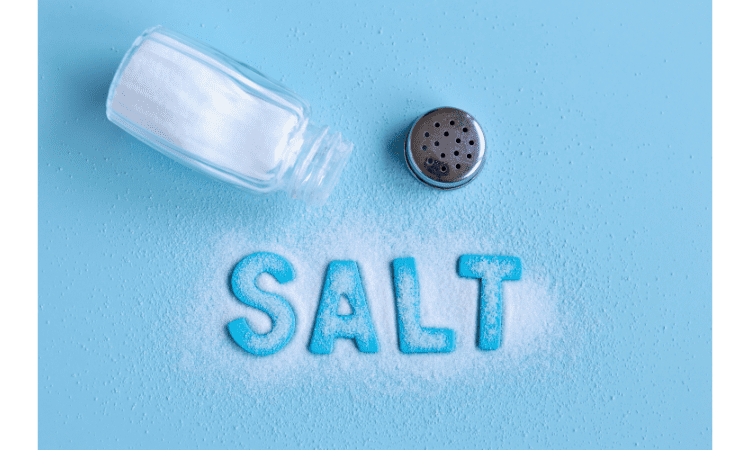
Sodium is an essential mineral that helps to maintain the body’s fluid balance, but it can also be harmful in large amounts. Foods that contain sodium include table salt, processed foods, and fast food.
A high-sodium diet increases blood pressure and heart disease risk. Reducing the amount of sodium you eat may help lower your blood pressure and reduce your risk of developing heart disease or stroke. You should limit your daily intake of sodium to 2 grams (or less) per day; most people consume much more than this recommended maximum amount each day.
Get enough sleep

Sleep is an essential part of being healthy at any stage. When you get enough sleep, your body has time to recover and repair itself after a long day. Sleep helps with memory, learning, creativity, relationships, and decision-making. Having uninterrupted sleep is also critical for work performance the next day.
Quit smoking
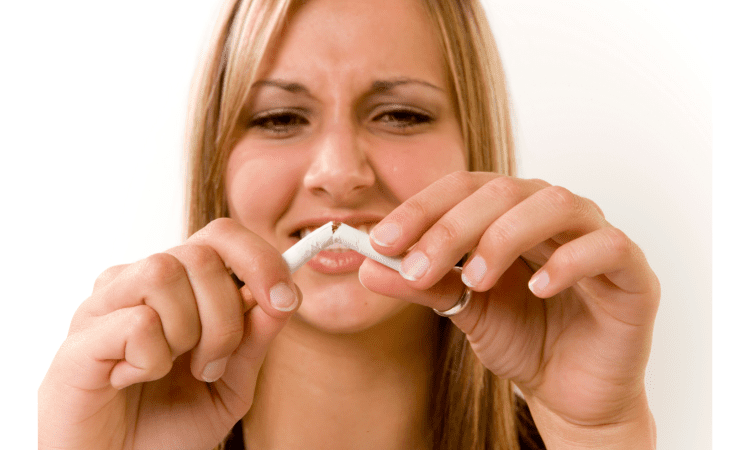
Smoking is a risk factor for many diseases, including heart disease and stroke, as well as cancer in the respiratory tract. It can also cause wrinkles and premature aging.
Smoking is addictive and can be difficult to quit because of its physical dependence. It’s important to follow a plan you’ve developed with a health professional if you decide to quit smoking.
Lower sugary food intake

Sugary foods can be a major source of dental decay and obesity, both of which are associated with serious health problems. Sugary foods can also contribute to diabetes. While sugar is a carbohydrate and can be converted to energy, it is not needed for the body to function properly—even in small amounts.
Reduce stress and anxiety

Reduce stress and anxiety. Stress can have a negative impact on health in many ways, including increasing the risk of heart disease, depression, and cancer. In addition to these serious illnesses, stress can affect your immune system and cause you to get sick more often. It’s important to find ways to reduce stress in your life so that you can stay active as you age.
Engage your mind

Engaging your mind can help make you more alert and active. It can also keep you from experiencing memory loss, which is often a precursor to dementia.
To engage your mind:
- Do puzzles like crossword puzzles or Sudoku.
- Play games with your grandchildren (or with other adults if no grandchildren are available). You might try chess, Scrabble, Boggle or checkers.
- Read books or magazines on subjects that interest you; watch television shows that challenge your intellect; go to the movies occasionally (but not too often).
Visit doctor regularly

One of the best ways to ensure a long and active life is to see your doctor regularly. Schedule an annual physical exam, as well as blood tests and prostate exams if you are male. Also, consider requesting a colon cancer test if you are over 50 years old. Make sure that all of your routine health screenings have been done, including eye exams and hearing tests.
In addition to regular checkups with your primary care provider, it’s also important to schedule dental appointments every six months or so (or whenever pain is experienced). The American Dental Association recommends brushing for two minutes twice daily; flossing daily, and getting professional cleanings every six months or so.
Conclusion
The key to healthy aging is staying active and eating a well-balanced diet. It’s also important to maintain positive relationships with friends and family members, as they can help you feel happier during your later years. Finally, if you have any chronic conditions such as diabetes or hypertension—or even cancer—make sure you get regular screenings so that any potential problems can be detected early on when they are more treatable.











